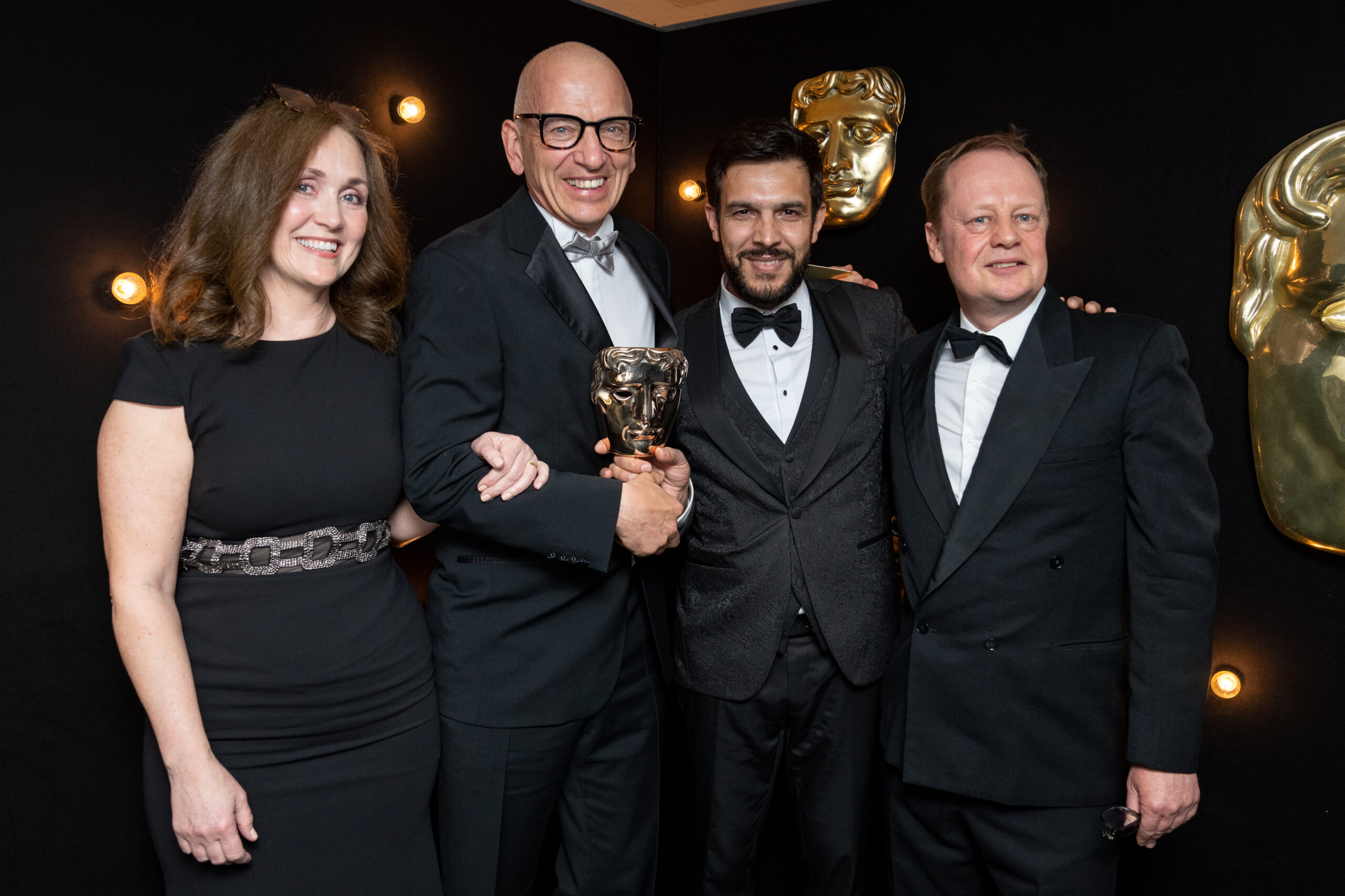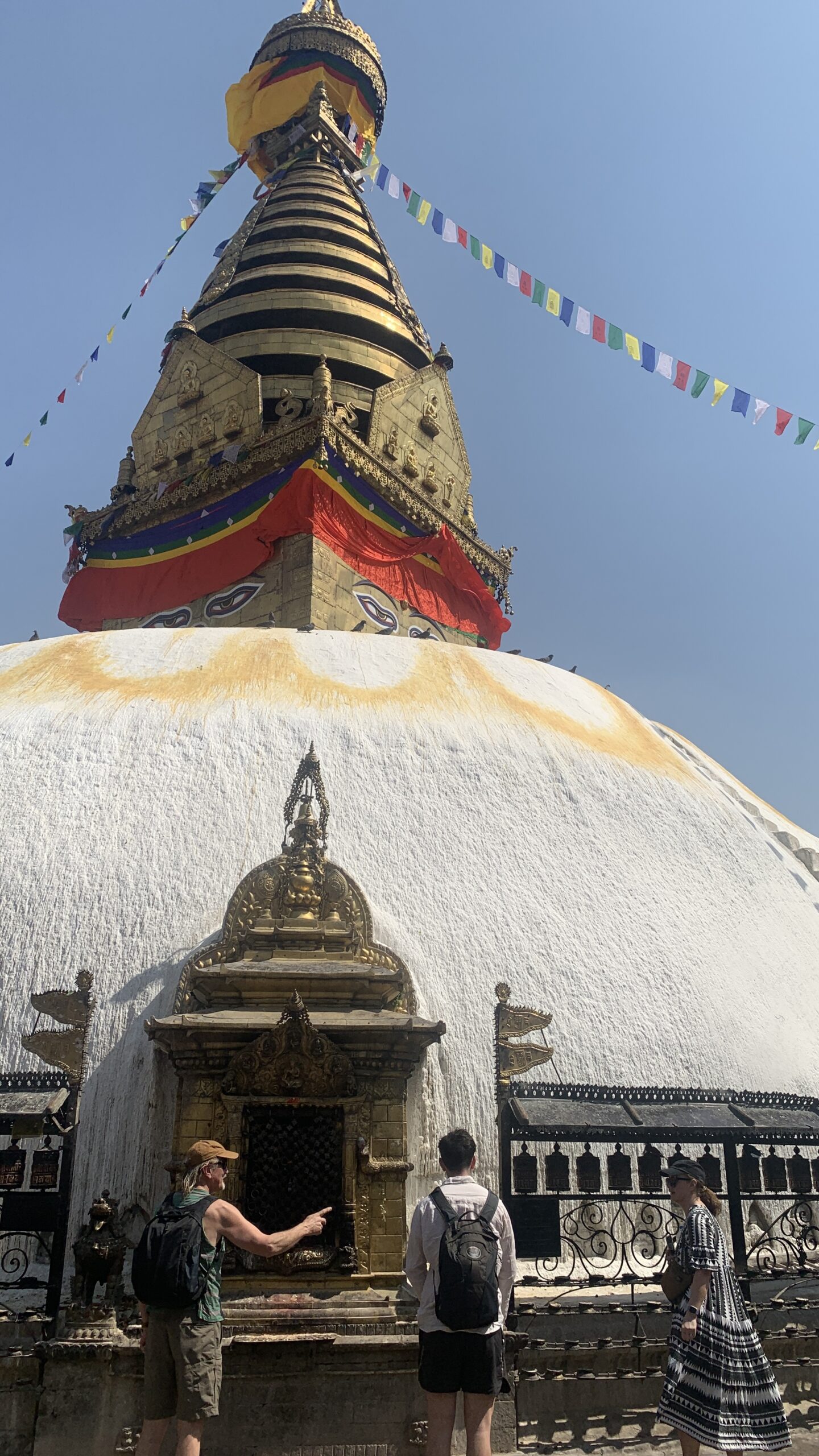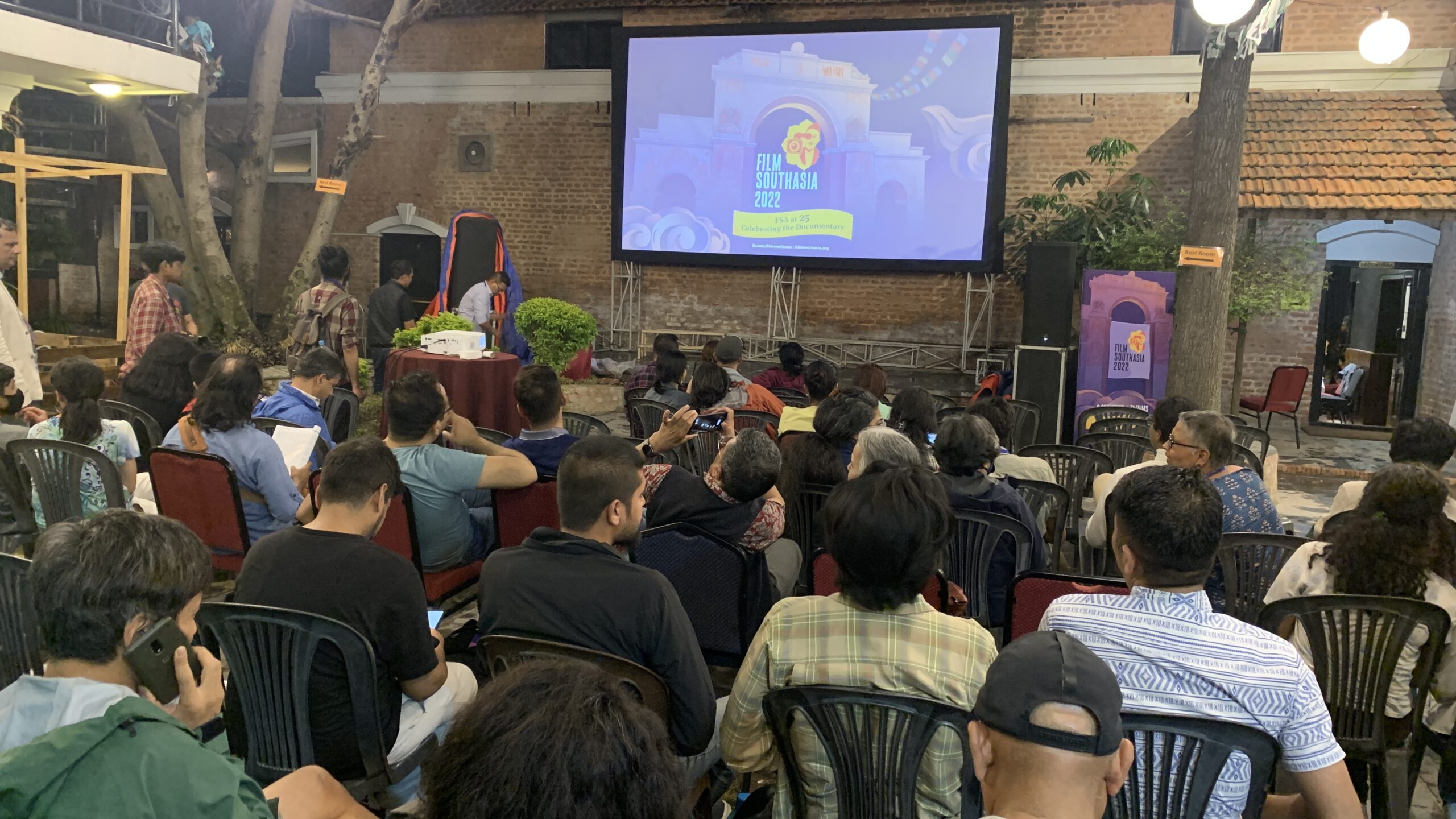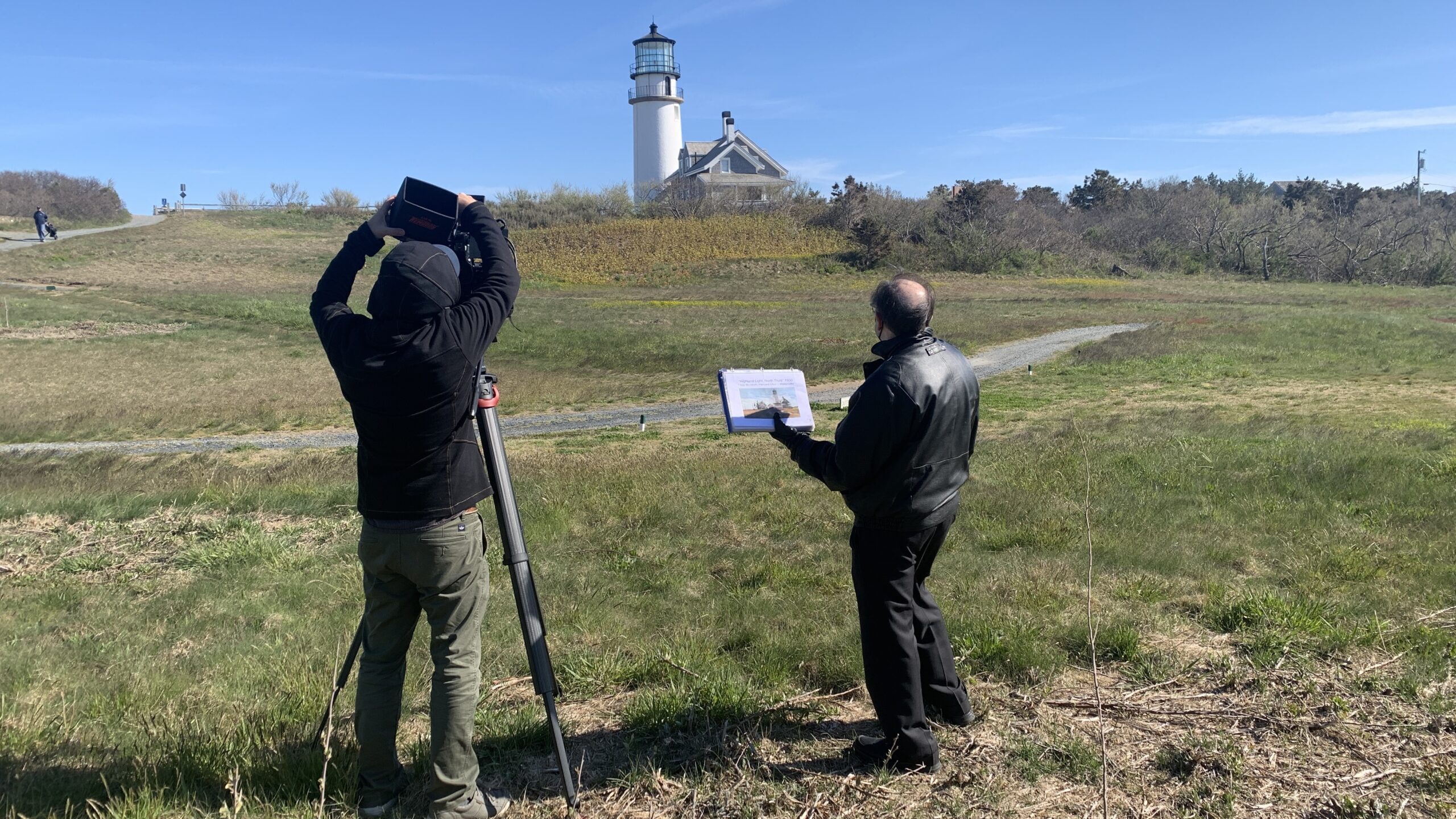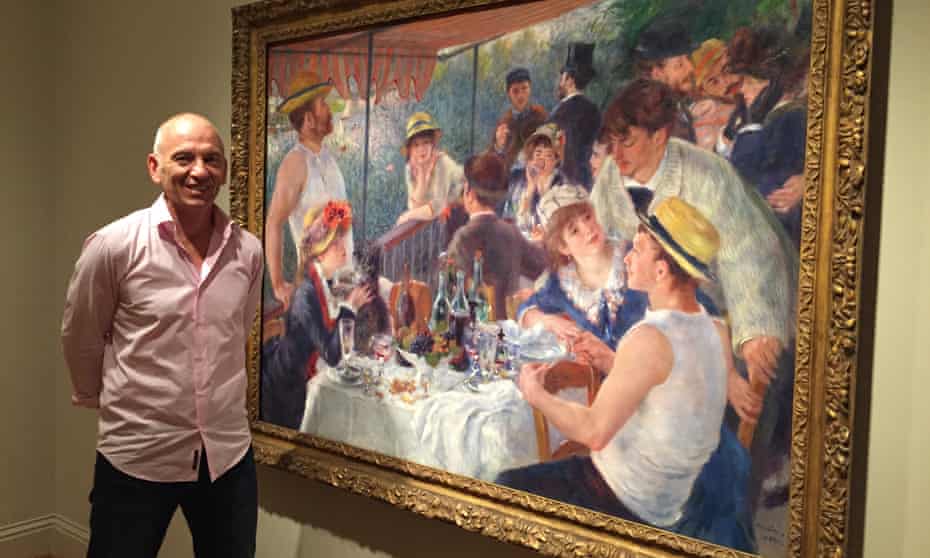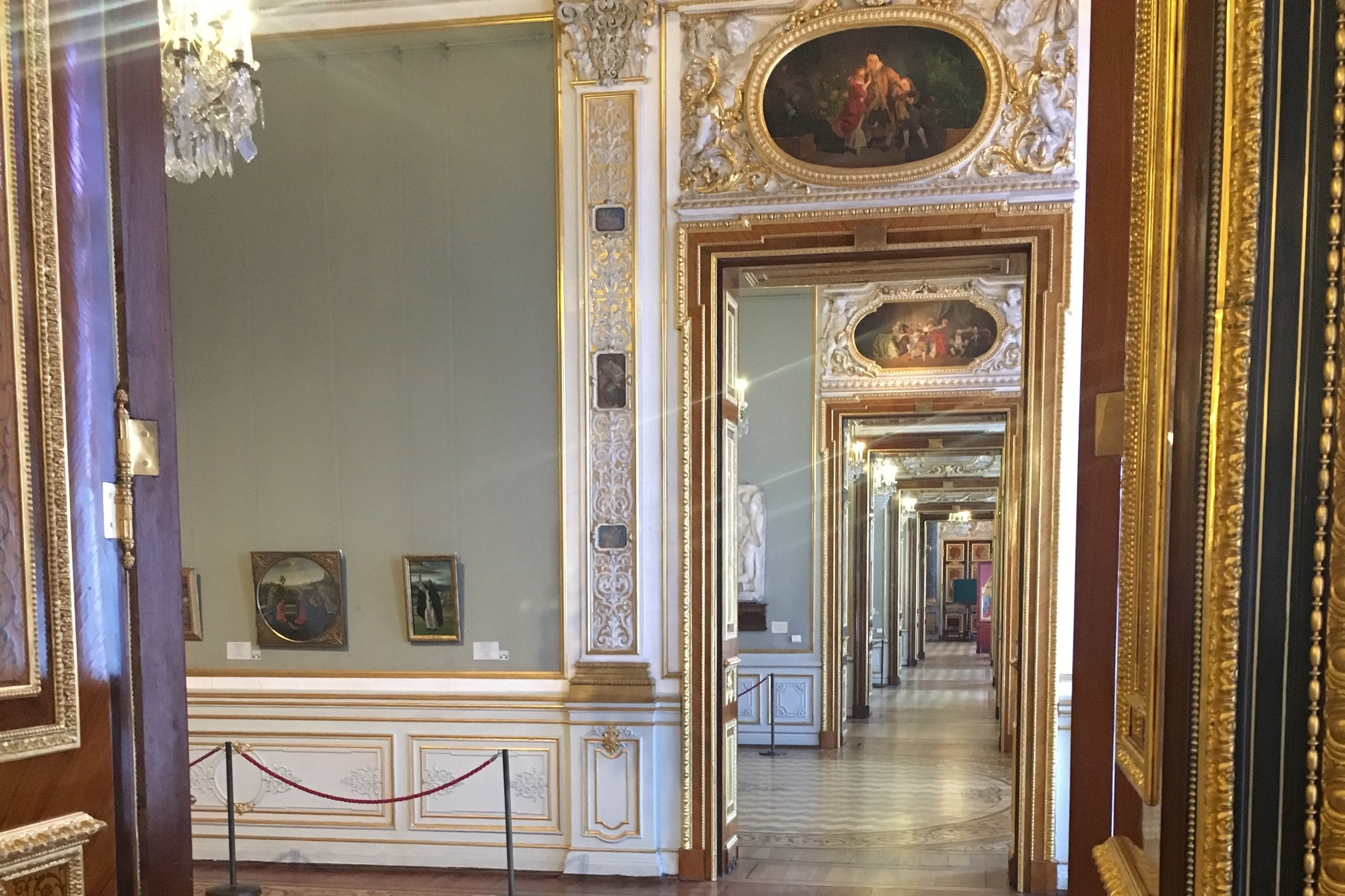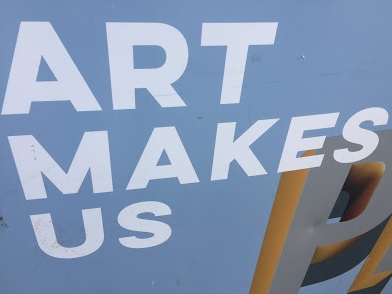APOLOGIES! I have been so busy editing my Edward Hopper film I forgot to post this blog from May! I hope everyone is enjoying their summer – it is scorching in Europe but we’re indoors in the edit suite anyway. All goes well. Hopper will be finished by September – and also we will be returning with our popular Painting of the Week podcast soon. Take care, Phil
I have recently returned from Boston having concluded the final shoot for the next EXHIBITION ON SCREEN film which focusses on Edward Hopper. I have to say it was a tremendously busy week that went to plan. I will talk about the shoot shortly but, first, I have to say the past few weeks have been fantastic. I don’t like to play things down when good things happen. One needs to enjoy them and enjoy talking about them. Why not? There are plenty of day-to-day struggles, so we need to recognise and celebrate some of the great moments we all work so hard for.
Let me begin with My Childhood, My Country – 20 Years in Afghanistan being accepted into a lot of festivals. One cannot possibly attend all of them but when I received an invitation to go to Kathmandu and have a special screening at Film South Asia, well, that really was too good an invite to turn down. I’m always busy and it’s expensive to get there (and I have reduced the amount that I fly these days) but Kathmandu has a special place in my heart. In 1984, 38 years ago, I went there with my brother and partially filmed my very first film about the Dalai Lama. It was a fantastic trip. Then in 1991 it was the first location that my wife Amanda and I went to as a team working for our company Seventh Art Productions. I had moved out of London (having split from my previous excellent producer Michael Whiteley) and we started working together in the back bedroom of our small new flat in Brighton. We decided that the first film we wanted to make at that point was about Nepal and its first democratic election.
That 1991 trip to Nepal was particularly memorable trip because I was providing news footage back to a couple of UK-based news agencies. One asked me to present on camera and the experience of that alone convinced me that it was something I wouldn’t do again. Nor did I ever again want to file news footage where you are running around looking for trouble spots, going to hospitals for people who might have been injured at a polling station even if, as was the case in Kathmandu that day, that was frankly a distortion of the story. Basically, the democratic elections passed off almost entirely peacefully, but the news agencies were only interested in (and willing to pay for) conflict. One funny thing did happen on that trip – the ruling party officials, including the prime minister, just assumed I was BBC. I did not dissuade them of that belief. I got interviews as a result – but I don’t think the BBC reporter (Mark Tully) was thrilled when he turned up…!
Anyway, back to 2022. On this trip back to the festival, my brother was able to fly in from the US, and Amanda could come too, and my son who is the age I was when I first went, camera in hand.
Kathmandu is extraordinary – and we had the best time. Unfortunately, its own excessive traffic and lack of will power to do much about it puts it in a completely unsustainable long-term position, but it’s still a wonderful place to go. What landscapes to explore, what lovely people, what an exciting place. The film was very well received at the festival too – which made it even nicer.
We cut the travel times very fine – and could not afford any delays if we were to get back in time for the first of two BAFTA awards ceremonies that we’d been invited to. The first was in BAFTA Crafts where my and Shoaib’s cinematography was up for an award. Needless to say, on arrival at Kathmandu airport, we were told there would indeed be a two-hour delay and we would possibly not make our connecting flight in Qatar. Well, a shout-out here to British Airways who waited for us at the gate on arrival and sped us through… onto the flight back to London where we had to go straight home to change from hiking gear into our fancy stuff and rush up to London for the ceremony.
We didn’t win but I genuinely feel honoured and delighted to have received a nomination: that alone allows you to put the BAFTA mask on the poster which hopefully will drive some people to go see the film or buy it from our website. To be nominated in both Best Cinematography and also Best Single Documentary is superb and I think they are actually the two best awards to be nominated for because those are the two things that I think will actually encourage people to watch the film.
Soon thereafter Amanda and I were deep into preparing for the 3rd and final Hopper shoot in Boston, Cape Cod and New England. As with any film, so much of it is in the preparation, preparing and organising your interviews, arranging the interview locations, choosing the exact location shots you need, etc. I’ve done this hundreds of times and you must think it all through, in advance, minute by minute: where am I going to be, what am I trying to achieve, where am I going next? It’s complicated and why I’m very fortunate to be working on this occasion with an excellent co-production team out of Washington DC: Michael and Cynthia Cascio.
Between us I think we had the call sheet very well organised but, before catching the flight to Boston, there was a small matter of the second BAFTA. This was a much bigger affair being held at the Royal Festival Hall. I won’t tell you how much tickets cost to attend the BAFTAs. An insane amount. Nominees do not automatically get free tickets. I’ve been offered less by small TV stations to licence my films than these tickets cost, so enormous gratitude is due to ITV, our UK broadcaster, for inviting me on their behalf – and not only me but all four named nominees for the Best Single Documentary award namely myself, Amanda (co-producer), Shoaib Sharifi (co-director), & Clive Mattock (editor).
There are three previous films of mine that were voted for by BAFTA members as one of the top four films of that year, namely Muhammad Ali – In the Eyes of The World, The Boy who Plays on the Buddhas of Bamiyan and In Search of Beethoven. The four films voted for by the members are then put to a jury, but at that point the broadcasters (BBC, ITV, channel 4, 5 and Sky) can resubmit a film that they feel has been overlooked. Thus, the jury gets to watch around nine films to then choose four as official nominations and of course one of those is chosen as the winner. On those three previous occasions we did not even get a nomination – partly I feel as jury members (from the main broadcasters) really were not comfortable with single filmmakers out there with the new small, cheaper cameras. But almost no-one thinks like that anymore so My Childhood, My Country had a better chance this time – but still no guarantee. So, we were absolutely thrilled to have been nominated.
As an aside, I must be honest and say I think that it should just be based on the members’ votes alone but, anyway, it was super that this year that we received those two nominations for Cinematography and Best Single Documentary.
It is very unlikely that an EXHIBITION ON SCREEN film would be nominated as the BAFTAs, as far as documentaries go, really focus on social docs or natural history. So, with the thought that this may never happen again, we therefore decided to take the entire office. BAFTA kindly agreed to supply more affordable tickets if my colleagues didn’t attend the gala dinner (they were eventually much happier at a nearby Italian), but the ceremony and the after-dinner party were OK.
So, on a beautiful sunny Sunday, all 17 of us (my two children came too as they had grown up with this production) found ourselves standing on the red carpet, in front of the BAFTA backdrop, having our official portrait photograph taken. Everyone looking gorgeous. The ceremony itself is 4 hours long (2 hours too long frankly) and begins around 3:30pm. At 6pm the BBC start showing the ceremony on TV having made cuts along the way. Our award came up about 4th and I was 100% sure it was going to another film (a very good film on Grenfell which is both very moving and very well made). So, when the presenter opened the envelope, I was genuinely expecting her words to be ‘And the award goes to Grenfell…’. So, imagine the shock and horror and happiness all the same time when the words that came out were: ‘And the award goes to ‘My Childhood, My Country – 20 Years in Afghanistan’. All the nominees have cameras pointing at us and so ours caught Shoaib jumping up in delight and Amanda, Clive and I looking stunned. My first memory thereafter is the noise my team were making from their seats! We made our way to the stage and en route I prepared myself to make a short speech. Only two days before the Taliban had seemingly announced that all Afghan women now had to wear a burka outdoors; they could barely leave their houses without being completely covered – a completely illogical, retrograde and disgusting decision. I then found myself standing in front of hundreds of the leading lights of television actors, actresses, commissioning editors, producers, etc. And half of whom were women. I was able to make a short speech to point out that most of my company are women, that the four commissioning editors that helped my project from the start were women, but in Afghanistan today women simply can’t leave the house and they certainly can’t work in television, so I requested that commissioning editors & film makers in the audience please don’t forget Afghanistan. I can’t tell you the numerous times over the past 20 years that broadcasters nationally and internationally have said to me that they were not interested in the film because they believed their audience was tired of Afghanistan. I don’t understand how with 160,000 Afghans having died, 3600 international military service people having died and $2.3 trillion spent, how can you not be interested? My film is also a universal story about youth.
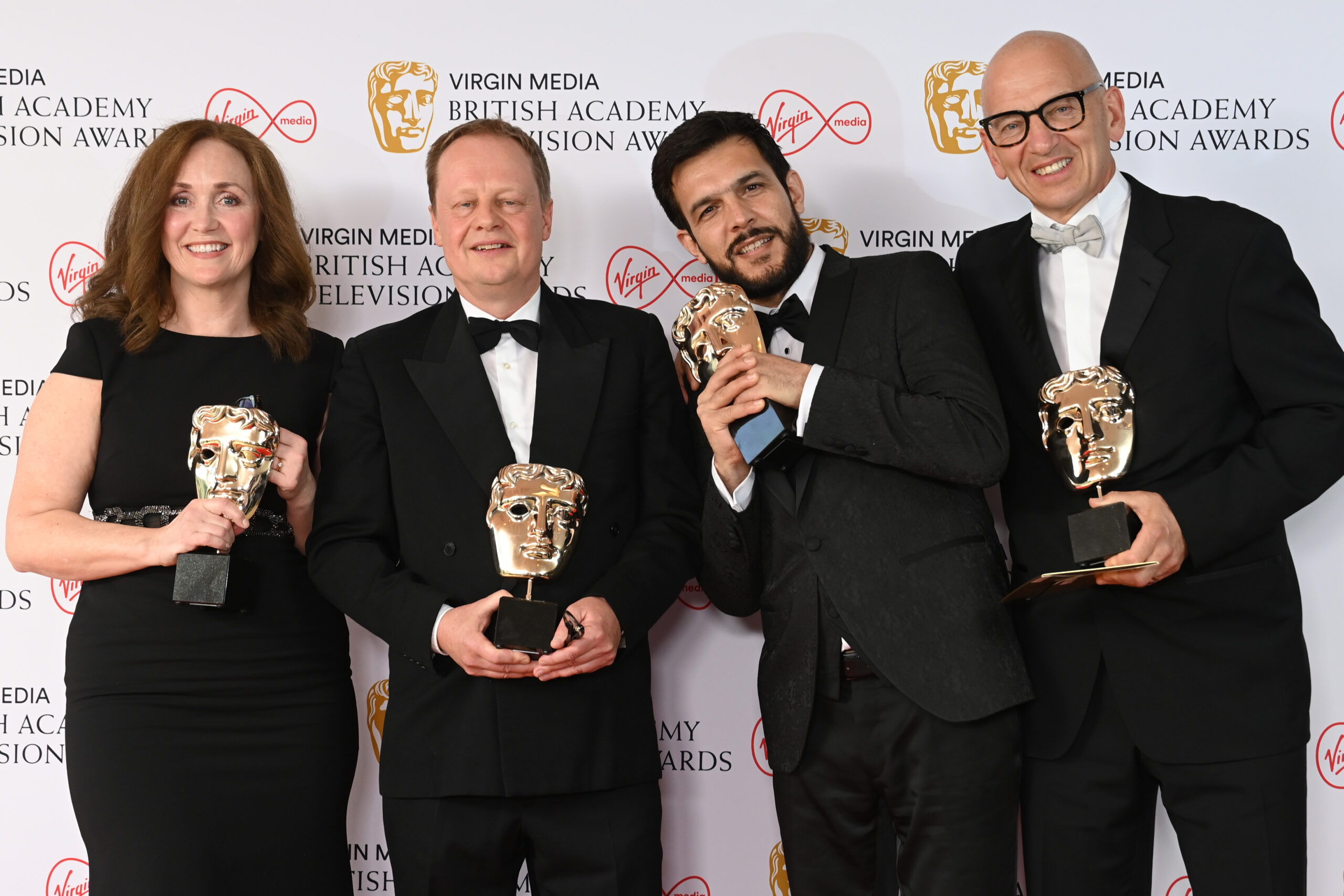
Amanda Wilkie, Clive Mattock, Shoaib Sharifi, Phil Grabsky, winners of the Single Documentary Award for My Childhood, My Country – 20 Years in Afghanistan
After the speech, we then went backstage where, after being photographed by about 40 press photographers, we were delighted to discover that we didn’t just receive one BAFTA trophy but four, one each. I was so happy that all four of us could now try to find some space for what is a very heavy & impressive trophy. In our case, two of them. My only disappointment is with the BBC who decided that they would rather keep some of the frankly rather weak elements of the BAFTA show, rather than give any time to best single, best news, best documentary series, best live event. All of these went to the end of the TV programme in a rapid sum up under ‘other awards’. So, my speech never made it. It’s appalling really – this default to celebrity vacuity in place of a little bit of respect for docs and news. They would argue that they are responding to the audience – I think that’s rubbish and, anyway, you can work to create an audience. The BBC putting it at the end is creating the sense that docs & real life are simply not as important. So that is my one gripe of the day.
Anyway, the speech did make it to You Tube and Twitter where it has been seen by many thousands of viewers, but how much more powerful it would have been on the BBC.
Anyways, after the ceremony was over… we had the gala dinner and, much more importantly, the after-dinner disco which went on for 4 hours – and we danced every minute of it! I didn’t dare put my trophy down, so I had a sore arm for days…. I had an absolute ball, and we were literally the last people to leave at 2.30am. We got to bed at 3.30am only to be up again at 5:30am to make our way to Heathrow airport to fly to Boston for the afore-mentioned Hopper shoot.
I didn’t manage to sleep on the plane – I was still too excited at the BAFTA and nervous about the week’s shoot ahead. We had to go now as any later and New England becomes too busy. It was great that Amanda could come too (as she always used to, before kids) and, in short, we had a very successful and enjoyable week of travelling and filming. All the interviewees were tremendous (and tremendously helpful) and all the locations stimulating to film. I can certainly see the appeal this area had to Edward Hopper. It was very hard work trying to keep on top of every moment, making sure to not miss anything but in short it all went to plan.
Now we are editing what I believe will be a very strong film about a genuine American master. There are many pros and cons to running your own company – self-funding your own films, producing your own films, distributing your own films. It is hard, and finance is always a challenge, but what a benefit it is to choose which projects to work on, which festivals to attend, and all with wonderful, smart, loyal colleagues with whom, from time to time, you win a big award and have a fine ol’ party. Our films entertain and they educate to an extremely appreciative audience. Over these past few weeks, we’ve also finished two new Exhibition on Screen films – one with the exemplary Ashmolean Museum in Oxford (about Camille Pissarro) and the second, a fabulous biography of Mary Cassatt, perhaps a somewhat overlooked member of the impressionist group but one with her own voice which was significant and very impactful.
What a few weeks we have had. Even covid has been put to the back of our minds a little (though I still wear my mask on trains and planes) and for now it is all things Hopper – and, come September, our limited cinema release of MY CHILDHOOD, MY COUNTRY – with a special update and Q&A. It never stops but that’s fine by me!
